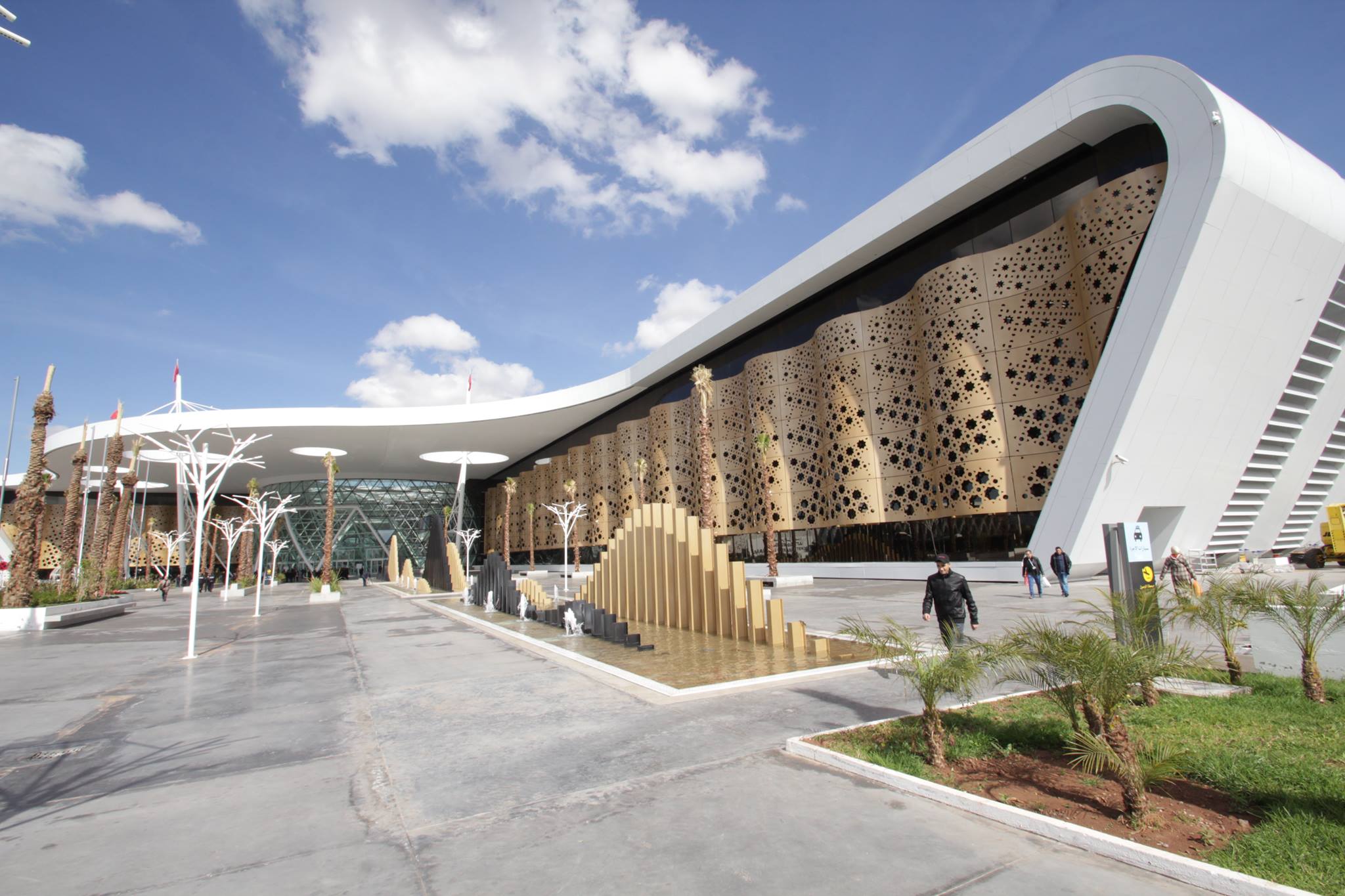Air Links
No less than 25 leading airlines serve Morocco. Beyond the political and economic capitals, Rabat and Casablanca, all the major regional industrial centers and tourist destinations are widely served, first and foremost Marrakech, but also Agadir, Tangier, Fez, Meknes, Essaouira, Oujda and more.
Air Travel
Royal Air Maroc is the national airline – created in 1957, it now operates some sixty aircraft serving 99 destinations worldwide, 39 of which are part of the 23 countries of the Oneworld network (joined in March 2020). Royal Air Maroc has massively developed its connections with Africa over the years, with 29 countries served.

ONDA
The Office National Des Aéroports is a public establishment serving both industries and trade.
Its key mission is to plan, operate, maintain and develop the country’s 18 civil airports.

Practical guide
The Lovely Climate of Marrakech
Semi-arid and subtropical with mild winters and hot summers.

Currency : The national currency is the Moroccan dirham (MAD). €1 (EUR) is worth between 10.50 and 11 MAD.
Money Exchange : Foreign currency can be exchanged into dirhams at foreign exchange offices and most bank branches.
Means of payment : Cash is preferred for amounts under MAD 100. Beyond that, bank cards are widely accepted.
Dressing appropriately : The weather in Morocco is still generally good in October but the evenings are cool and it can rain; it is recommended to bring sweaters and raincoats, just in case.
Telephone communication : The fixed-line network works perfectly but the most convenient way is to buy a prepaid SIM card from one of the three local operators (Maroc Telecom, Inwi, Orange).
Electrical outlets : The network operates on 220 volts; the plugs are standard IEC 60320; we recommend bringing a universal adapter.
Internet and WIFI :The internet network is highly developed in Morocco (an optical fiber network connects many cities); WIFI is available in most hotels, restaurants and cafés.
Transport : Planes, trains, coaches, large and small taxis, rental vehicles … to each destination its best means of transport.
“Petit taxi” (intra-urban journeys)
We recommend the passenger to ensure that drivers of “petits taxis” activate their meters at the start of the journey, as required by law. The night rate (double of the day rate) applies from 21 H or 22 H (depending on the season). Small taxis are allowed to take up to three different customers going to different destinations, each passenger paying their own due, on the basis of what the meter displays (the fare is not split into the number of passengers).
“Grand taxi” (intercity transport)
The “grand taxis” are mostly a collective mode of transportation unless a passenger decides to travel alone by booking the entire taxi). These operate on a flat-rate basis, negotiated with the driver prior to embarking on the trip and depending on the length of the trip.
Opening Hours : They vary but, generally speaking, businesses are open from 9 am to 6 pm, often 8 pm. On Friday, which is prayer day, shops close around 12 pm and reopen around 4 pm, while the shops in the medina remain mostly closed on that day.
Accommodation :The country offers a wide range of hotels, from two-star hotels to luxury resorts, all the major international chains are represented, not to mention an increasing number of guest houses and ecolodges.

Don't miss out on these souvenirs
What to buy
Colourful slippers, ground spices, pouffes, Berber carpets, silver jewelry …
What to taste
Couscous, tajines, tanjia, honey cakes and mint tea.
Customs
Importation of foreign currency or Dirhams (MAD)
Morocco is subject to foreign exchange controls and regulation. All foreigners visiting Morocco, have the right to freely import foreign currency, without limitations, in the form of banknotes, travelers’ checks, bank or postal checks, letters of credit, debit or credit cards and any other means of payment denominated in foreign currency.
That said, upon entering the Moroccan territory, tourists have to declare any sum in excess of an equivalent of 100,000 MAD in order to be able to re-export it in part or in full upon exiting the country. Importing dirhams is tolerated within the limit of an amount of MAD 2,000. Importing dirhams in excess of the authorized threshold is a foreign exchange offense punishable by law.
Import Restrictions
Some goods cannot be imported into Morocco.
 Weapons, including spare parts and ammunition;
Weapons, including spare parts and ammunition; Narcotics, drugs and any other psychotropic products;
Narcotics, drugs and any other psychotropic products; Writings, printed matter, cassettes and recorded videocassettes and any other material contrary to morality and public order;
Writings, printed matter, cassettes and recorded videocassettes and any other material contrary to morality and public order; Certain plants and plant products likely to be carriers of organisms harmful or dangerous to the national flora.
Certain plants and plant products likely to be carriers of organisms harmful or dangerous to the national flora.
For more details: www.douane.gov.ma
